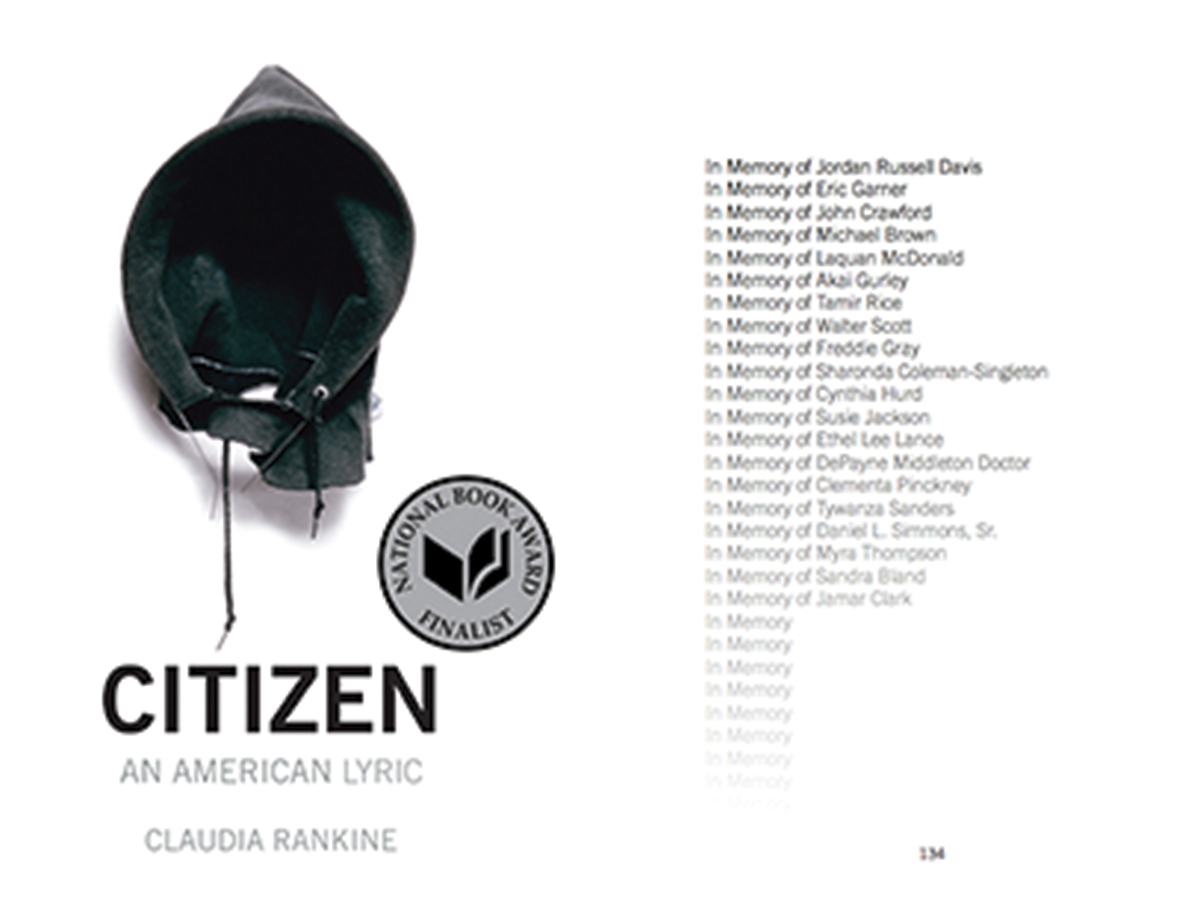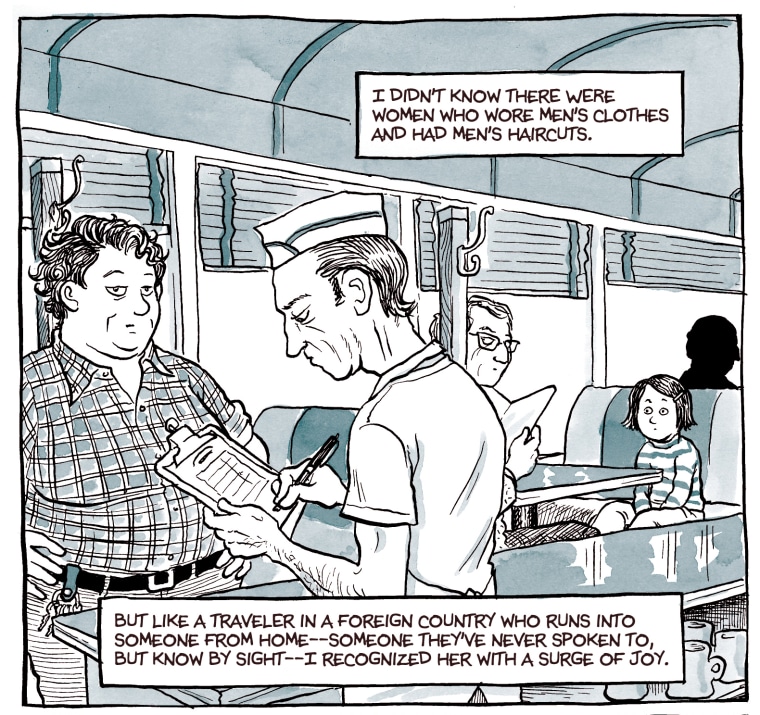I didn’t expect to be able to breeze through the first half in terms of language, its written in a way that is very easy to stay hooked to in my opinion. Content wise it obviously covers some pretty intense subject matters, so in terms of that I reread a few sections in order to ensure I felt as though I could understand them as best as I could. I can’t relate to it myself as a white person that very much looks like it (I’ve seen people get mistaken as other races & face senseless discrimination, so I say this to say I don’t have to think about race & my presentation of self whatsoever), but I think its important for marginalized groups to share experiences like this so those who don’t have to think about the things others are discriminated against for can see what they’re going through. I think ignorance is a terrible thing, but some people simply cannot register that things like the subject of Citizen still happen if they aren’t happening directly in front of them. By this I mainly think about how while people may know that, obviously, the KKK-aligned man from the coffee shop is racist, but would see less or no problem with comments & calls thrown at Serena Williams, & will use her reactions to such things as proof of being “dramatic” or “overly sensitive”. I thought the whole portion around Serena was very interesting, even though I really don’t care about tennis. I also find it very admirable she keeps up with it & being the best despite all the hardships she had to face in getting to where she was (is?). But, I also thought it was important that the work included seemingly small-scale acts of racism (such things don’t exist, racism is just racism, but I mean like small not-news-covered acts of injustice) as well, since obviously not every black person is Serena Williams famous. Just going out in many places puts them at incredibly high risk of discrimination, no cameras or fame required. From being called the name of the only other black person someone may know, to being yelled at in public over nothing, to being seen as angry in a photo for having a relaxed expression as a black person. Its terrible what society does to people over something so stupid. But that leads into one quote I really liked: “Every look, every comment, every bad call blossoms out of history, through her, onto you.” (32), meaning even without the attention on each individual in particular, those of color who are’s discrimination’s ring through everyone’s ears- like how can they even get there when she’s the best & still thought of like this? mocked like this? screwed over like this? It’s terrible.
Some other quotes I found interesting include:
“it is also acting that you have a destination that doesn’t include acting like this moment isn’t inhabitable,” (10)
“a disappointment in the sense that non amount of visibility will alter the ways in which one is perceived.” (24)
“Perhaps this is how racism feels no matter the context–randomly the rules everyone else gets to play by no longer apply to you, and to call this out by calling out “I swear to God!” is called insane, crass, crazy. Bad sportsmanship.” (30)
“…imitating that any relationship between the white viewer and the black artist immediately becomes one between white persons and black property,” (34)
“in a day’s fun” / “all in good fun” came up a few times to downplay racism, which goes hand-in-hand with the quote above, I think. Black people becoming an object for white amusement rather than people. As well as “Forget all that, the world says.” (61)
“The world is wrong. You can’t put the past behind you. It’s buried in you; it’s turned your flesh into it’s own cupboard.” (63)
“…nor do you care. For all your previous understandings, suddenly incoherence feels violent. You both experience this cut, which she keeps insisting is a joke, a joke stuck in her throat, and like any other injury, you watch it rapture along its suddenly exposed suture.” (42)
“Only then do you realize you are among ‘the others out in public’ and not among ‘friends.'” (48)
“I feel most colored when I’m thrown against a sharp white background”
“Though you can retire with an injury, you can’t walk away because you feel bad.” (65)
 I also found the page variance in the list of lives lost to police brutality really powerful. I remember in the classroom there were at least three different prints of the pages. It’s incredibly upsetting that the list keeps growing & to express that gruesome fact in a way that calls attention to it is important.
I also found the page variance in the list of lives lost to police brutality really powerful. I remember in the classroom there were at least three different prints of the pages. It’s incredibly upsetting that the list keeps growing & to express that gruesome fact in a way that calls attention to it is important.

 Hello! I’m Jacks Scheliga, & I’m a first–year Penn State Abington student.
Hello! I’m Jacks Scheliga, & I’m a first–year Penn State Abington student.















 I also found the page variance in the list of lives lost to police brutality really powerful. I remember in the classroom there were at least three different prints of the pages. It’s incredibly upsetting that the list keeps growing & to express that gruesome fact in a way that calls attention to it is important.
I also found the page variance in the list of lives lost to police brutality really powerful. I remember in the classroom there were at least three different prints of the pages. It’s incredibly upsetting that the list keeps growing & to express that gruesome fact in a way that calls attention to it is important.